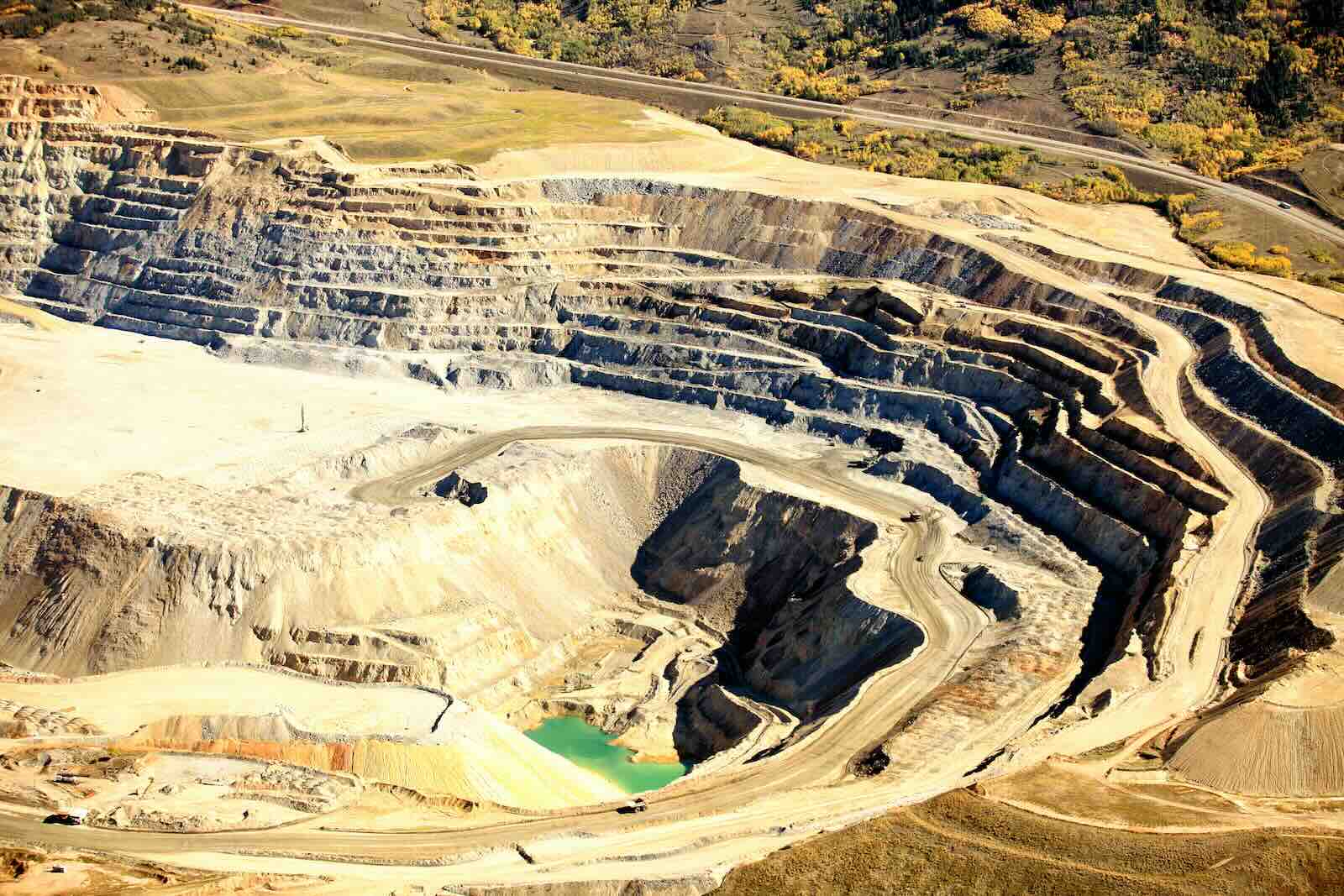ImpactAlpha, Sept. 13 – Climate has moved from the margins to the center of global politics. “We’re calling a moment here,” says Justin Gillis of Generation Investment Management, which charts the advances and setbacks in the global race to scale up clean technologies in its seventh “Sustainability Trends Report,” out today.
The catalyst for this year’s surprisingly optimistic analysis: ambitious industrial climate laws in the US and Europe, climate friendly governments in Australia and Brazil, and even progress on climate policy in India.
After decades of collective foot dragging, war in Europe and a global search for new economic growth has dragged governments off the sidelines and into the fight against climate change.
“This is how I know it’s real: A lot of people are getting mad all of a sudden because this is not just symbolic anymore,” Gillis tells ImpactAlpha. As industries change, he says, “There are going to be losers.”
And winners. This year’s edition of Generation’s annual slide deck charts the dramatic rise of heat pumps, rapid penetration of EVs and dominance of China up and down clean tech supply chains (even as it continues to roll out coal).
Among the nine charts that ImpactAlpha highlights below, is one that tracks the divergence of the trendlines for emissions in developed countries (falling) and developing nations (rising). That schism provides the context for November’s COP28 in the United Arab Emirates.
The controversial chair of the annual UN climate summit, Sultan Ahmed Al Jaber, head of the UAE’s national oil company, has put high on the COP agenda new financing for the energy transition in the developing world. The UAE itself last month announced a $4.5 billion commitment for African climate projects.
Bucking the backslide
The key question is, “Do we continue to see these huge double digit increases in all these things that need to grow at double digits?” Gillis says. “Or do we start to see backsliding and a slowdown?”
National industrial policies are increasingly built around climate goals. The U.S. will need crisp execution against policies to catch up to China. The East Asian giant has a 30-year head start in building new factories, mining critical minerals and deploying clean energy technologies.
And rapid deployment creates its own challenges. “There are physical limits on how fast you can go,” Gillis says.
In Germany, for example, bans on gas boilers were thwarted due to a shortage of installers for heat pumps, the climate-friendly heating alternative. In the US, some communities as well as fossil fuel interests are pushing back on solar and wind installations just as the Biden Administration’s hundreds of billions of dollars in clean energy incentives start to roll.
What does it all mean for investors? “It means that there’s opportunity,” says Gillis. Finding that opportunity amid an evolving policy environment and systemic inertia is still tricky, he says.
“You’ve got to be a pretty smart investor to figure that out.”
Generation’s sustainability trends
China’s clout has Western countries onshoring supply chains
The role of China in the energy transition is paradoxical: No country is spending more on clean energy, yet China is building more coal-burning power plants than any nation.
Winds of change: Republican states lead in wind-energy generation
Half the wind energy produced in America comes from four states in the middle of the country, all of them controlled by Republicans.
Divergence: The trajectories of emissions from developed and developing countries are going in different directions
The increase in emissions is also a measure of how rapidly lives in the developing world have been transformed as hundreds of millions of people rise from poverty.
COP28 puts the focuses on financing the energy transition in the developing countries
Developed countries have failed to deliver the public and private capital promised to poor countries to finance to deal with climate change. Sultan Ahmed Al Jaber, head of the United Arab Emirates’ national oil company and the controversial chair of the upcoming 28th conference of the parties of the Framework Convention on Climate Change (COP28), has made new financing arrangements for the energy transition in the developing world a top priority.
EVs take increasing share of new car sales
In Norway, virtually the entire new-car market has switched to electric. In the other major car markets, the broad mass market is increasingly making the switch.
German heat pumps show there’s such a thing as too fast
Policy in Germany to subsidize heat pumps and ban gas boilers was opposed on practical grounds by three-quarters of the population. The subsidy didn’t cover the cost difference and installers couldn’t keep up with demand.
LED light bulb uptake is a triumph of energy policy
Light bulbs based on light-emitting diodes (LEDs) cut electricity use by 90% and are rapidly replacing older bulbs. Chinese manufacturers helped drive down the cost of LEDs. India organized large-scale procurements that created one of the world’s largest markets for the bulbs.
Carbon capture chatter is everywhere, but very little is operational
One method of reducing emissions is burying them in impermeable underground reservoirs. This highly discussed approach, known as carbon capture and storage, has received little investment and even less is operational.
Alt-meats lose favor with investors as diets rise on climate agenda
What people eat has radical implications for emissions. Governments have avoided serious policy, like taxiing meat, to shift diets away from meat toward plants. Private investors have chilled on one promising alternative, meat substitutes like plant-based food, as early leaders like Impossible Foods and Beyond Meat have failed to significantly penetrate the market.











